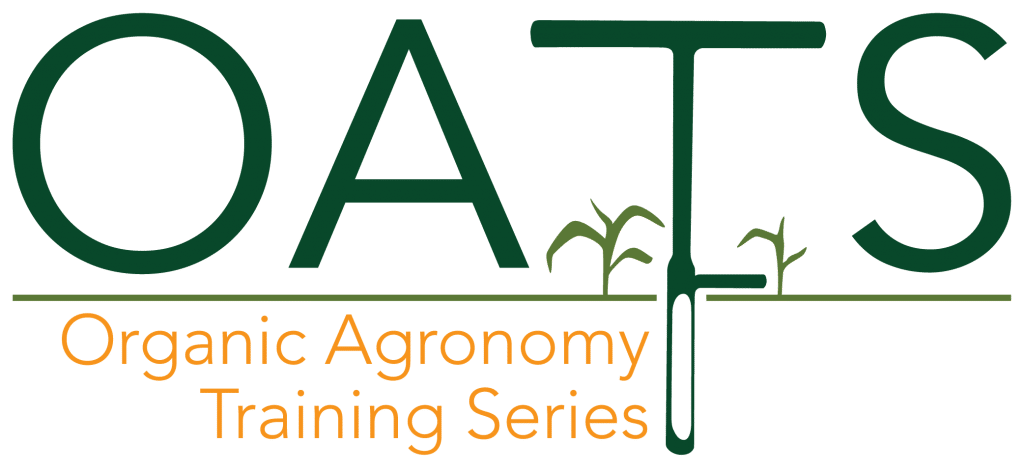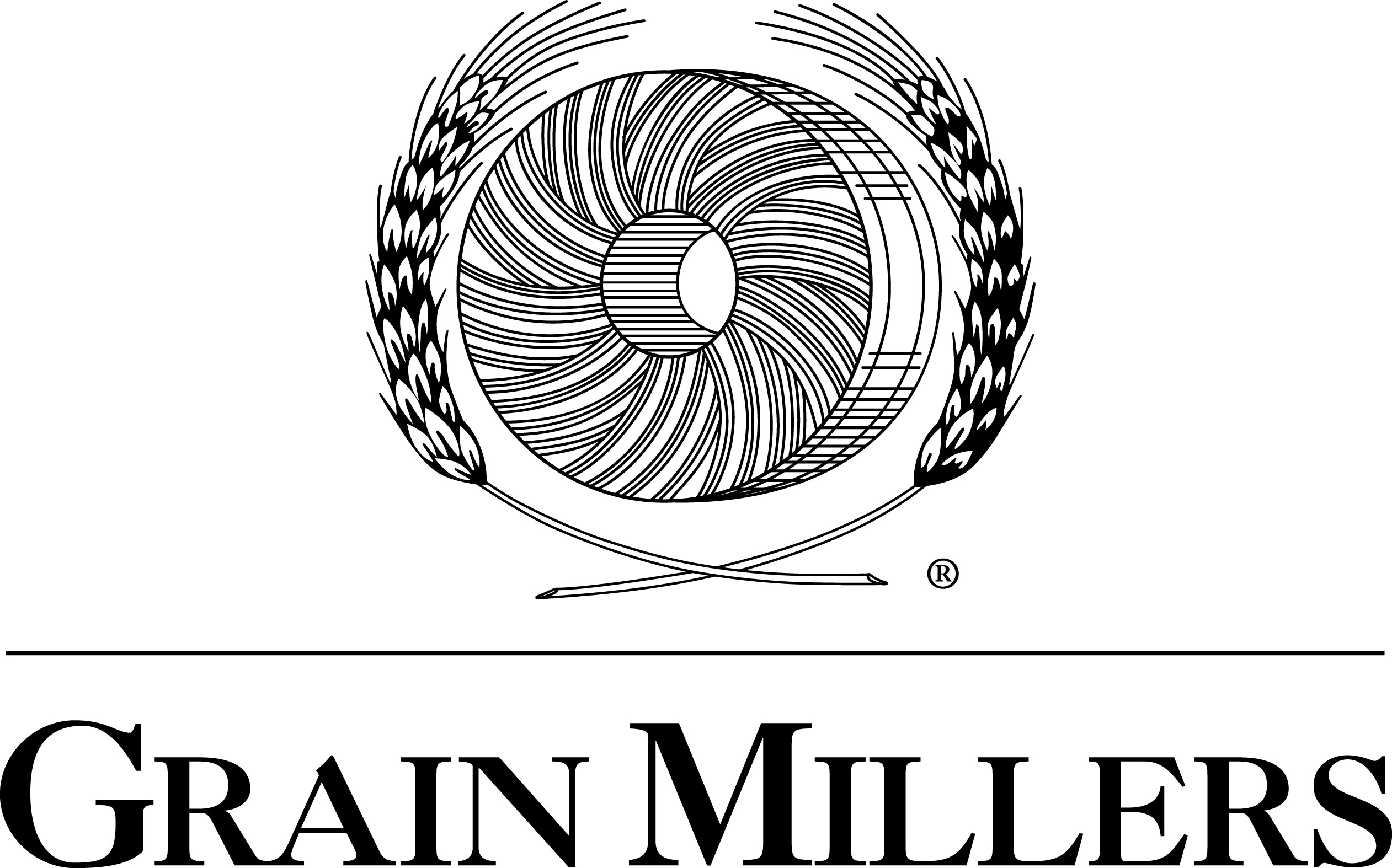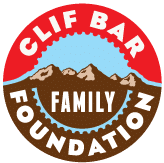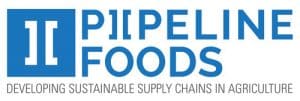
Agenda | Speaker Bios | Planning Committee | Sponsors | Lodging | Registration
The Organic Agronomy Training Series (OATS) is a collaboratively managed, science-based train-the-trainer program for agricultural professionals working with organic or transitioning producers in the United States. This two-day training provides education and guidance on organic production methods and certification necessary for agronomists, certified crop advisors, extension agents, and technical service providers to serve the needs of certified organic grain producers.
OATS will increase the skill and impact of extension staff, agency personnel, consultants, advisers, educators, and technical service providers on organic production systems and USDA-NOP regulatory compliance. The program will build participants’ knowledge base in all key areas of certified organic production:
- Basics of organic production: weed control, nutrient management, crop rotation, pest management
- Systems thinking & long-term strategies for success in organic production
- Managing risk during transition
- Organic certification process & record keeping
- National Organic Program (NOP) rules & regulations
- Organic marketing and crop diversity
- Networking with other organic-focused professionals
- On-farm & hands-on experiential learning on organic operations
Certified Crop Advisors will earn a total of 11 CEUs through this training
- Nutrient Management: 2.5
- Soil & Water Management: 0.5
- Integrated Pest Management: 4
- Crop Management: 4
Agenda
| DAY 1 | Wednesday, July 24 | |
|---|---|
| 8:30-9:00 | Doors open (refreshments available) |
| 9:00-9:45 | Welcome & History of Organics Mallory Krieger, The Land Connection Michael O’Donnell, Purdue University Extension |
| 9:45-10:10 | Soil Carbon and Microbial Nutrient Cycling Danielle “Dani” Kusner, The Anderson The foundation of successful organic management is to regenerate soil health by building soil carbon and abundant soil microbial communities. This session will lay the groundwork for the remainder of the day’s topics; by managing carbon and thriving microbiology through crop rotation, cover crops and tillage strategies, the organic farmer is better able to manage nutrients, weeds and pests. CEU: 1.0 |
| 10:10-12:10 | Organic Field Crop Production Dr. Steven Mirsky, USDA-ARS Organic grain production requires balancing numerous production challenges. This presentation will focus on weed, nitrogen, and water management in tillage-based and reduced-tillage grain production. A systems approach to integrating cover crops for water, nutrient, and weed management is needed for long-term organic grain production. Strategies for optimizing green and animal manures, mechanical and cultural strategies of weed control, and approaches to reducing tillage in organic grain production will be reviewed. CEU: 2.0 |
| 12:10-1:00 | Lunch |
| 1:00-2:40 | Organic Weed Management Dr. Erin Haramoto, University of Kentucky This session will focus on weed management in organic grain/field crop systems. After a brief introduction on weed biology and ecology (know your “enemies” and how they interact with others and the environment), we will focus on mechanical and cultural weed control strategies. Research findings will be introduced to provide background information, and practical approaches to ecological and integrated weed management will also be discussed. CEU: 1.5 |
| 2:40-3:40 | Managing Fertility in Organic Systems Will Glazik, J&W Organic Farm and Silver Tree Beer & Spirits CEU: 1.0 |
| 3:40-4:30 | Organic Pest Management Dr. Andrew Smith, Rodale Institute CEU: 1.0 |
| 4:30-5:10 | Tying It All Together - Panel Discussion with the Day’s Presenters |
| 5:10 | Adjourn |
| 6:00-8:00 | Social at Backstep Brewing Company (food truck supper on site) |
Top
Speakers
Jessie Bovay, Mercaris
Jessie is the Director of Business Development at Mercaris where she seeks out opportunities to move identity preserved crops to market and make information more accessible across the supply chain through strategic partnerships and innovative projects. Previously, Jessie was at the Howard G. Buffett Foundation and Archer Daniels Midland. Jessie holds an M.B.A from the University of Illinois and a B.A. in International Relations from the James Madison College at Michigan State University.
Will Glazik, J&W Organic Farm and Silver Tree Beer & Spirits
Will Glazik was raised on a mixed row crop and livestock certified organic farm before he studied Crop Sciences at the University of Illinois. After graduation, Will went to work in agriculture retail sales prior to share crop farming 1000 acres. Currently he is utilizing some no till organic practices on his farm as well as consulting for organic row crop transition farmers. Will is a cofounder of the IDEA Farm Network which is a learning community for organic and conservation minded farmers in the Midwest. He raises corn, soybeans, and wheat as well as specialty grains like open pollinated corn and wheat for brewers and distillers.
Dr. Erin Haramoto, University of Kentucky
Erin studies weed biology and ecology with the goal of helping agronomic crop producers develop integrated weed management practices. Most of her research focuses on how weeds respond to different cover cropping practices. She also collaborates with agronomists, soil scientists, and crop physiologists on systems-level research projects to learn more about how cover crops influence different aspects of our crop production systems.
Mallory Krieger, The Land Connection
Mallory Krieger is the Farmer Training Manager at The Land Connection. Mallory is the founder of the Organic Grain Conference in Champaign, IL, member of the IDEA Farm Network working group, and a member of the policy committee for the Organic Farmers Association (OFA). Through her work in regenerative agriculture, Mallory strives to facilitate community building and networking opportunities for organic and regenerative farmers.
Danielle “Dani” Kusner, The Andersons
The foundation of successful organic management is to regenerate soil health by building soil carbon and abundant soil microbial communities. This session will lay the groundwork for the remainder of the day’s topics; by managing carbon and thriving microbiology through crop rotation, cover crops and tillage strategies, the organic farmer is better able to manage nutrients, weeds and pests.
Dr. Michael Langemeier, Purdue University
Michael is the Director of Cropping Systems for the Center for Commercial Agriculture in the Department of Agricultural Economics Department at Purdue University. Michael’s extension and research interests include crop insurance, cropping systems, benchmarking, financial management, land markets, risk management, strategic management, and transition planning.
Joe Mills
Dr. Steven Mirsky, USDA-ARS
Steven Mirsky is a Research Ecologist in the Sustainable Agricultural Systems Laboratory at the Beltsville Agricultural Research Center (BARC), Beltsville, Maryland. He joined ARS in 2008 after receiving a BA in Agroecology, M.S. in Soil Fertility/Quality and Ph.D. in Agronomy (emphasis: Weed Ecology). Steven takes a transdisciplinary, systems approach to developing sustainable agricultural systems in conventional and organic field crop production systems. His work includes applied, basic, and theoretical approaches to crop production sustainability.
Michael O’Donnell, Purdue University Extension
Michael O’Donnell is an Organic and Diversified Agriculture Educator with Purdue University Extension. He organized many educational opportunities for Indiana and midwestern farmers including the Indiana Small Farms Conference, the Indiana Organic Farmer Meeting, and co-chair of the Organic Agronomy Training Series (OATS).
Mark Seeley, On Mark Certification Services, LLC
Mark Seeley is Founder and CEO of OnMark Certification Services LLC, a certification agency based in northern Indiana, and a certified organic farmer. OnMark provides multiple farm audit services to producers throughout the Midwest. Before devoting his time to OnMark Certification Services, Mark worked for nine years as contract organic inspector and consultant for several agencies in the US successfully completing over 2,000 crop, livestock or handler/processor inspections. Mark is passionate about sustainable agriculture and formed OnMark to be a local certification agency with farm experienced staff to meet the needs of producers.
Dr. Andrew Smith, Rodale Institute
Craig Tomera, Grain Millers
Craig Tomera has been actively involved in agriculture for over 40 years, from retail fertilizer sales, agronomic crop consulting, seed production and most recently focusing on Organic and Non-GMO food grade production with small grains, corn and soybeans. He currently is the Identity Preserved Crop Specialist for Grain Millers, Inc., and has a Certified Crop Advisor (CCA) and a Sustainability Specialist (SSp) certification with the American Society of Agronomy.
Top
Planning Committee
Co-Chair, Mallory Krieger | The Land Connection

Co-Chair, Michael O’Donnell | Purdue University Extension

Dani Kusner | The Andersons

Maria Pop & Andrew Smith | Rodale Institute

Will Glazik & Dan Perkins | Idea Farm Network

Top
Sponsors
OATS East is supported by The Andersons and Grain Millers


OATS National is supported with funding and resources from the CLIF Bar Foundation, Pipeline Foods, and the Organic Trade Association



Lodging
The following hotels have discounted rooms available. Ask for the “OATS Training” room rates when calling to book.
Holiday Inn & Suites – 2506 N Lafayette Ave, Crawfordsville, IN 47933. $109/night + tax. Book here or call the hotel at 765-323-4575. Cut off date July 2, 2019.
Best Western PLUS – 2600 Industrial Boulevard, Crawfordsville, IN 47933. $109/night + tax for a King, $114/night + tax for a two Queens. Call 765-307-3999. Cut off date June 23, 2019.
Hampton Inn – 2895 Gandhi Drive, Crawfordsville, IN. $123/night + tax. Call 765-362-8884. Cut off date July 7, 2019.
Top
Registration
Online registration closes July 19, 2019. Cost is $149. If you have any questions, please contact Mallory at mallory@thelandconnection.org or call 217-840-2128.



